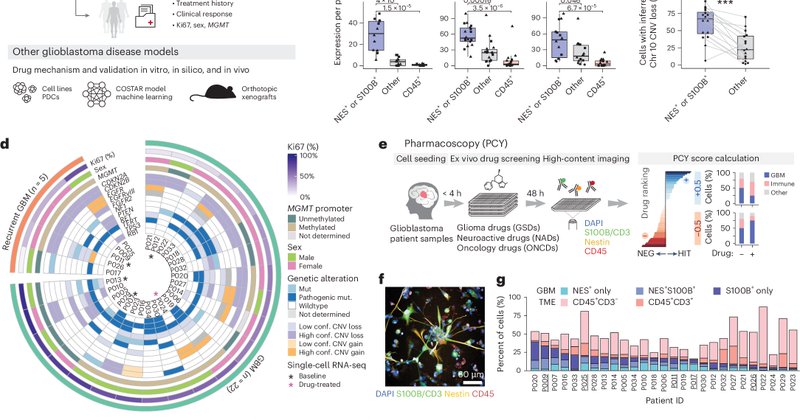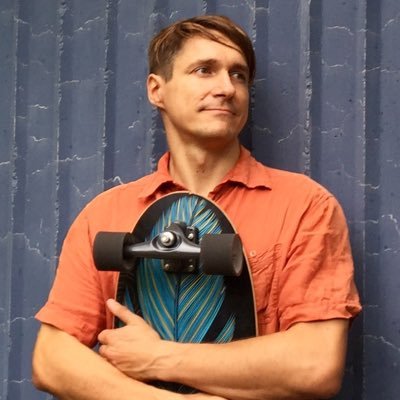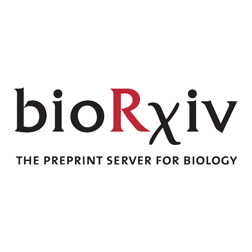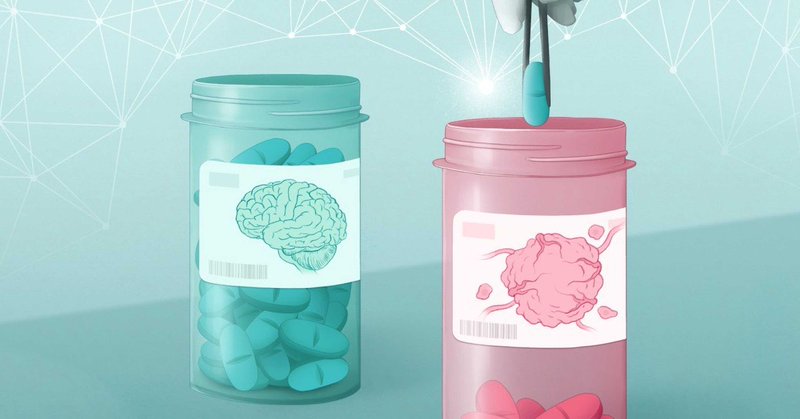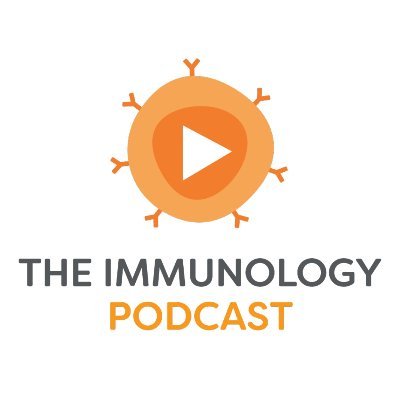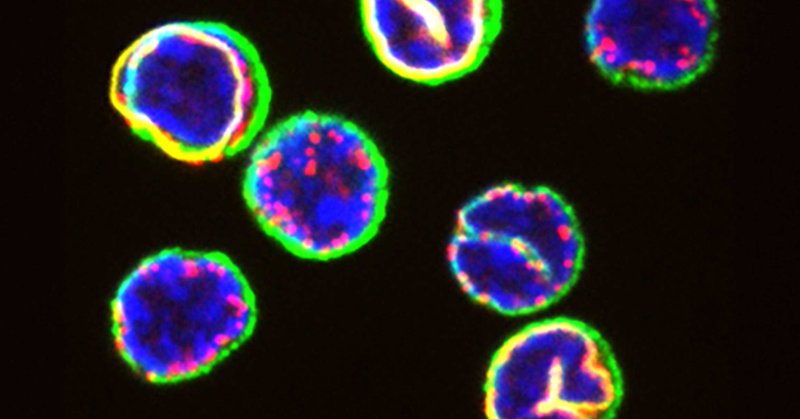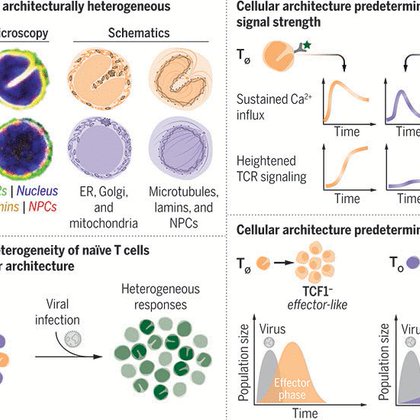
Snijder Lab
@snijderlab
Followers
612
Following
992
Media
47
Statuses
326
We use #SystemsBiology to discover things about cells. @ETH_en
Zurich, Switzerland
Joined April 2021
We are beyond proud of our newest @NatureMedicine paper! Using pharmacoscopy & in-silico drug MoA discovery, we show that the antidepressant Vortioxietine is effective in #Glioblastoma primary patient material and in mouse models. https://t.co/MehHhQQOvR #PersonalizedMedicine
nature.com
Nature Medicine - A single-cell ex vivo screening of repurposable drugs in glioblastoma and machine learning of drug–target networks show that anti-tumor neuroactive drugs converge on the...
3
8
27
Please welcome HT SpaceM, our new method for high-throughput small-molecule single-cell metabolomics: 👉Delafiori, Shahraz et al, BioRxiv https://t.co/9fkkhEtWwt 🧵👇
biorxiv.org
Single-cell metabolomics promises to resolve metabolic cellular heterogeneity, yet current methods struggle with detecting small molecules, throughput, and reproducibility. Addressing these gaps, we...
4
22
61
A single-cell ex vivo screening of repurposable drugs in #glioblastoma coupled with machine learning show that anti-tumour neuroactive drugs converge on the AP1-BTG pathway and identify the antidepressant vortioxetine as a potential therapeutic agent. https://t.co/JQEOa5iz8f
nature.com
Nature Medicine - A single-cell ex vivo screening of repurposable drugs in glioblastoma and machine learning of drug–target networks show that anti-tumor neuroactive drugs converge on the...
1
31
105
Congrats to @ssoeylee & @to123w for spearheading this work and thanks to all the collaborators from @NeuroOnco_USZ 🥳
1
0
2
Researchers at ETH Zurich have used a drug screening platform they developed to show that an #Antidepressant, currently on the market, kills #Tumour cells in the dreaded #Glioblastoma – at least in the cell-culture dish.
ethz.ch
Researchers at ETH Zurich have used a drug screening platform they developed to show that an antidepressant, currently on the market, kills tumour cells in the dreaded glioblastoma – at least in the...
1
7
19
We are happy to announce that the PHRT-funded clinical study “RAPID 01”, which includes patients with acute myeloid leukemia (AML) is moving into the next phase: Soon, the first patient will be recruited. Read more about it here: https://t.co/CMaiHDHGj2
0
3
2
This beautiful image illustrates our new paper on 13C-SpaceM, a new method tracing metabolic activity in single cells in @NatMetabolism 😁 First, about the paper https://t.co/tiqTIWespA 📜:
3
37
142
🦓 This week: 'stripy' #Tcells! A recent @ScienceMagazine article from Dr. Ben Hale and a team in Dr. @BerendSnijder's lab suggests that T cell architecture is a key determinant of TCR signaling & #CellFate. @SnijderLab 📑: https://t.co/PW0OWEWVwL 🎤: https://t.co/Zqajx1YCcV
0
3
9
Researchers identify key differences in inner workings of immune cells: more than half of all killer T cells exhibit nuclear invaginations, or folds in the cell’s nuclear envelope. https://t.co/TkA9axzTbd
ethz.ch
Using machine-learning methods, researchers at ETH Zurich have shown that more than half of all killer T cells exhibit nuclear invaginations, or folds in the cell’s nuclear envelope. Thanks to this...
0
2
11
#Tweetorial for our paper in @ScienceMagazine It's still largely unknown how naïve T cells decide to become either effector or memory T cells during viral infection. We show that these decisions are built into the cellular architecture of our T cells. 1/9 https://t.co/yOQgVaPgot
science.org
After antigen stimulation, naïve T cells display reproducible population-level responses, which arise from individual T cells pursuing specific differentiation trajectories. However, cell-intrinsic...
3
30
140
Looking forward to talking about #StripyTcells and our recent @ScienceMagazine publication with @thalexandrov, his team, and you (if you want)! The talk is public, so feel free to join: https://t.co/7F6GEPa4BN Big thanks to Theodore & co. for the invitation!
embl-org.zoom.us
Zoom is the leader in modern enterprise cloud communications.
As an external talk at @alexandrovteam meeting, on Tue 18th at 10:15am CEST, Ben Hale from the @BerendSnijder lab will present on their paper just out in Science https://t.co/zqz3WxqEtN The talk is open to public and everyone is welcome! 🔓 Link to join: https://t.co/JLuUyxJ9h9
0
3
10
Our findings suggest that #TCellArchitecture is a key determinant of TCR signaling & cell fate. This understanding could help predict & optimize T cell responses for better infection protection & disease treatment. Read the paper for more details!🔬 #Immunotherapy #Immunology 9/9
1
0
6
Furthermore, ex vivo #SingleCell fate tracking revealed that Tø cells form large colonies of effector-like T cells following activation. By contrast, cells with To architectures were slower to divide and gave rise to memory-like T cells. 8/9
1
0
6
T-arch subsets also display #functional differences. Tø architectures exhibit stronger #TCRsignaling following activation with viral antigen, in a mechanism dependent upon store-operated calcium entry. 💡⚡️ #LiveCellImaging 7/9
1
0
3
T-arch subsets relate to differentiation during a viral infection. Viral-specific T cells decrease in Tø & increase in Tp during the effector phase. This is followed by the re-establishment of a Tø-high population of viral-specific #MemoryCells 28 days after #infection🦠➡️🦠 6/9
1
0
2
These nuclear envelope invaginations, unique to Tø cells, spatially concentrate cellular machinery, including the endoplasmic reticulum, mitochondria, and nuclear pore complexes, forming subcellular organelle factories. 5/9
1
0
4
Using self-supervised #DeepLearning, we identified 3 visual #TCell classes: (1) polarized T cells (Tp) (2) spherical T cells without deep nuclear envelope invaginations ("conventional", To) (3) spherical T cells with deep nuclear envelope invaginations, or "stripy" (Tø) 🔬🤖4/9
1
2
5
Using high-throughput fluorescence #Microscopy and #DeepLearning, we discovered that T cell architectural heterogeneity (T-arch) predetermines TCR signal strength and differentiation trajectory upon antigen stimulation. 3/9
1
2
3
Viral-specific populations of naïve T cells differentiate into effector or memory T cells, providing us with long-term immunity. This differentiation is reproducible at the population level, yet how single naïve T cells decide their #CellFate is largely unknown🦠🔬#Immunology 2/9
1
0
7

